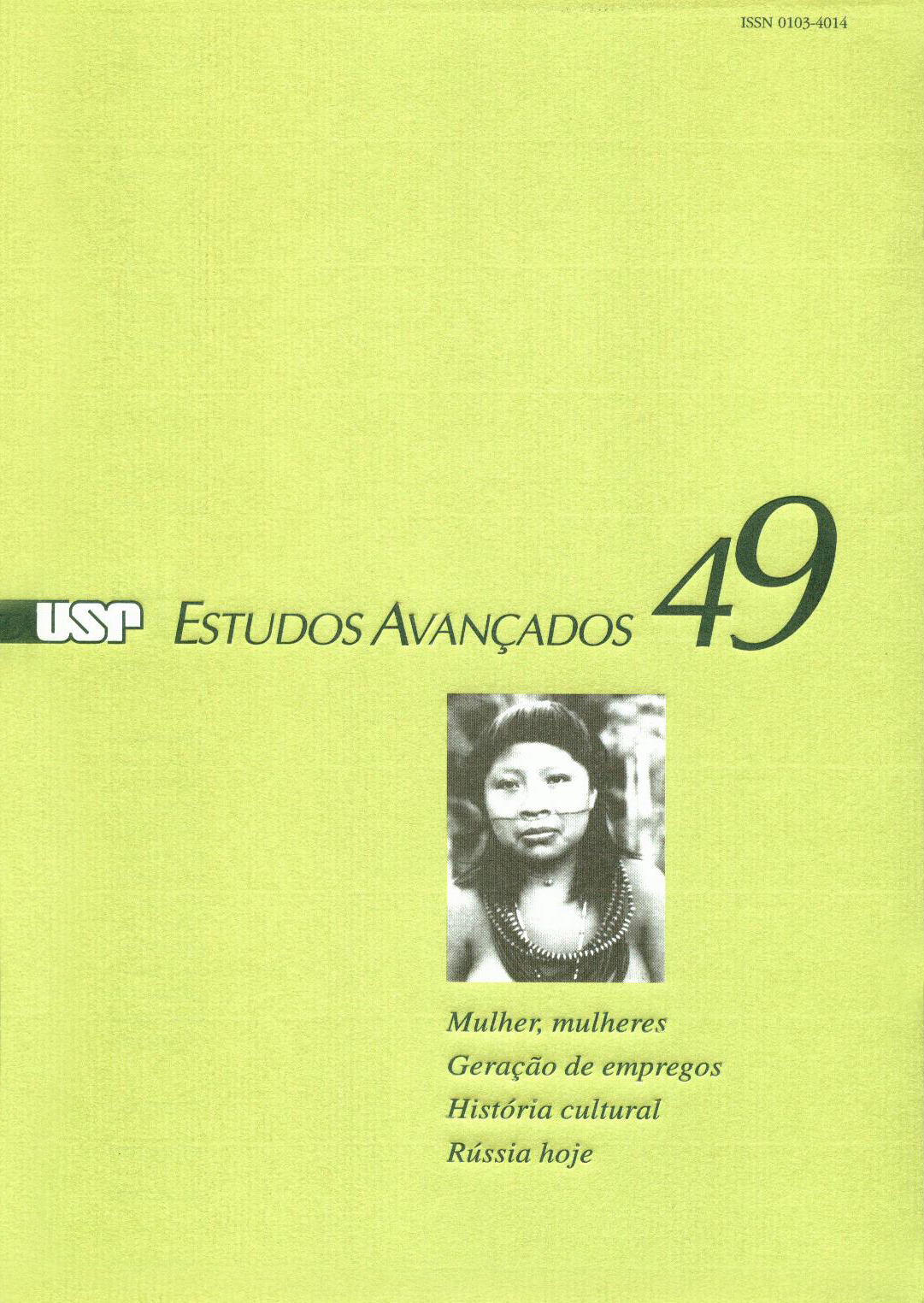Cairu e a patologia da Revolução
Abstract
THIS ARTICLE intends to recover, in broad strokes, the corrective nature of the moralizing discourse of José da Silva Lisboa, the visconde of Cairu, in his Constituição Moral e Deveres do Cidadão (Moral Constitution and Duties of the Citizen) (1824-1825), and to suggest, through the use of that treatise's brilliant passagens, how the image of Revolution, modeled on the doubly "catastrophic"experiences of France and Haiti, projects itself onto the scenario of the nascent New Empire. In Silva Lisboa's conservative register, the moralizing discourse seems capable of founding a new Order in the tropic, og protecting "Brazilian Youth" from the seduction of renovating principles, of maintaining firm and well-tied the knots of a social fabric threatened by the madness of revolutionaries, who brought to the horizon of a young nation the danger of dissolotion and corruption of the body politic.Downloads
Download data is not yet available.
Downloads
Published
2003-12-01
Issue
Section
Cultural History
License
Estudos Avançados não celebra contrato de cessão de direitos autorais com seus colaboradores, razão pela qual não detém os direitos autorais dos artigos publicados. Os interessados em reproduzir artigos publicados na revista devem necessariamente obter o consentimento do autor e atribuir devidamente os créditos ao periódico.
How to Cite
Monteiro, P. M. (2003). Cairu e a patologia da Revolução . Estudos Avançados, 17(49), 349-358. https://www.journals.usp.br/eav/article/view/9962


